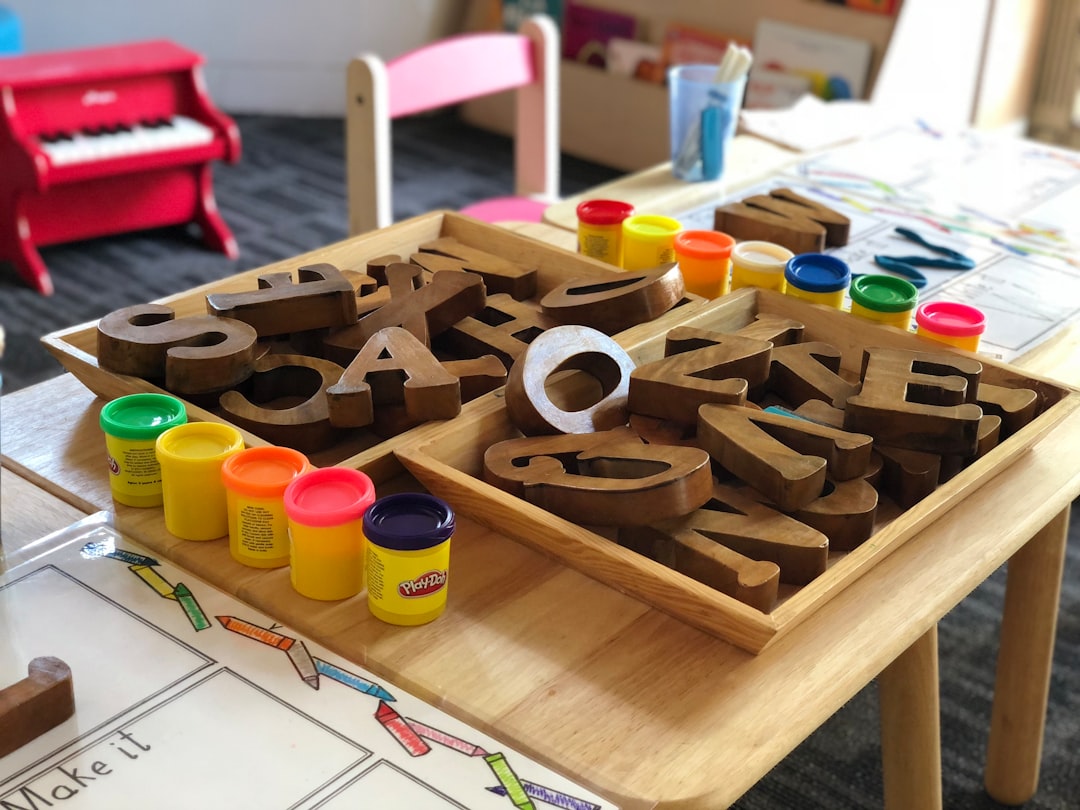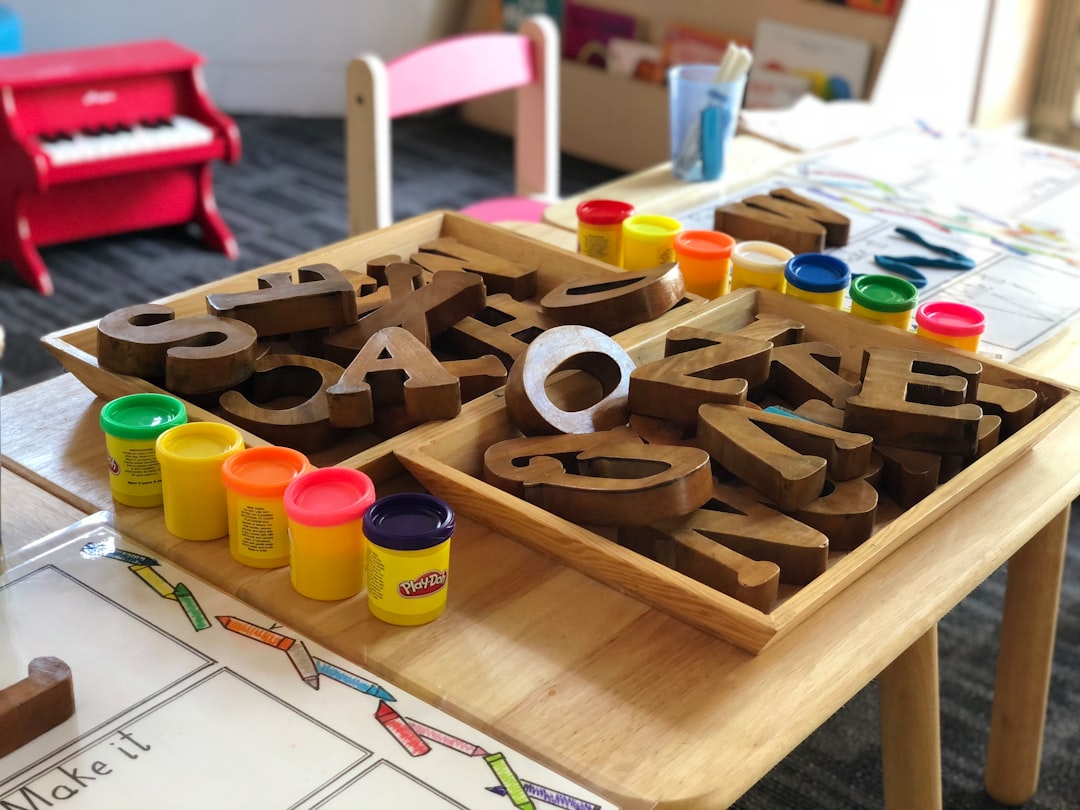In Columbia, South Carolina, parents must be vigilant against various forms of daycare abuse, including physical harm, emotional abuse, sexual misconduct, neglect, or any action endangering a child's well-being. Daycare abuse attorneys play a crucial role in securing justice and protecting children's rights. Parents should gather evidence, consult these specialists familiar with local childcare laws, and prepare for consultations by documenting medical records, photographs, and communications related to alleged abuse. These attorneys conduct investigations, negotiate settlements, or pursue litigation to compensate victims, hold perpetrators accountable, and prevent future abuse.
“In Columbia, ensuring your child’s safety at daycare is paramount. If you suspect abuse or neglect, understanding your legal options is crucial. This article guides parents through the process of a daycare abuse consultation in South Carolina, highlighting key aspects to expect. From recognizing illegal activities to the expertise of daycare abuse attorneys, it offers practical advice. Learn essential questions to ask and documents to gather before consulting a lawyer specializing in daycare abuse cases. Protecting your child’s well-being starts with informed steps.”
Understanding Daycare Abuse: What Constitutes Illegal Activity?
In Columbia, understanding daycare abuse is paramount for parents and guardians who entrust their children’s care to licensed facilities. What constitutes illegal activity in this context varies widely but generally includes physical harm, emotional abuse, sexual misconduct, neglect, or any action that poses significant danger to a child’s well-being. Daycare abuse attorneys in South Carolina emphasize that recognizing these issues is crucial for timely intervention and legal recourse.
Daycare centers and their staff are held to strict standards of care, and deviations from these can have severe legal consequences. If you suspect any form of daycare abuse or neglect, it’s essential to gather evidence, document incidents, and consult with experienced attorneys who specialize in South Carolina’s childcare laws to protect your child’s rights and seek justice.
The Role of Daycare Abuse Attorneys in South Carolina
In Columbia, as across South Carolina, daycare abuse attorneys play a crucial role in advocating for victims and ensuring justice. These legal professionals are equipped to handle complex cases involving child maltreatment within daycare settings. They possess in-depth knowledge of state laws and regulations related to childcare, which is essential when pursuing legal action against negligent or abusive facilities.
Daycare abuse attorneys offer critical support to families affected by such incidents. They conduct thorough investigations, gathering evidence and testimonies to build strong cases. Through negotiations or litigation, these attorneys aim to secure compensation for victims, hold perpetrators accountable, and prevent similar instances of abuse in the future. Their expertise guides clients through the legal process, ensuring their rights are protected.
Preparing for a Consultation: Questions to Ask and Documents to Gather
Preparing for a consultation with daycare abuse attorneys in South Carolina is crucial. Before meeting, gather essential documents and information that can help your case. This includes medical records detailing any injuries or health issues related to the alleged abuse, photographs of wounds or unusual behavior, and any communication logs or reports from healthcare providers or teachers. Additionally, compile a list of witnesses who may have observed suspicious activities and keep track of dates and times when incidents occurred.
During your consultation, ask specific questions about the daycare’s policies on child safety, teacher-to-child ratios, and their procedures for handling allegations of abuse. Inquire about their experience dealing with similar cases and what steps they take to protect children in their care. It’s also important to understand the legal process, potential outcomes, and the next steps after the consultation. This preparation ensures that you are well-informed and can make informed decisions moving forward.





